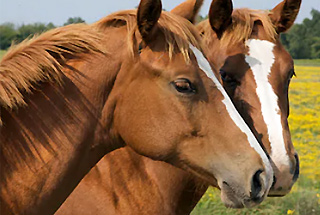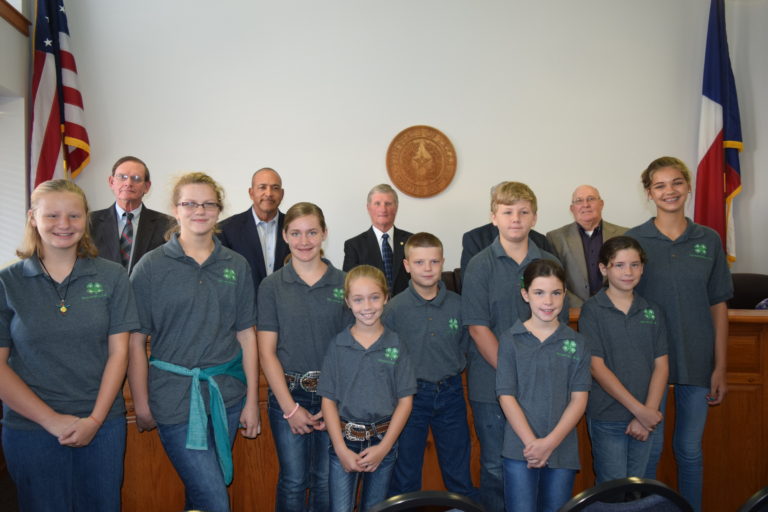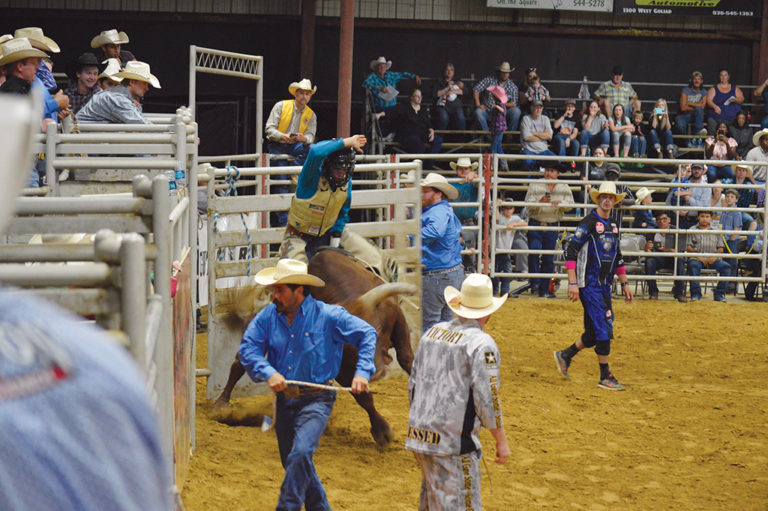Equine Deaths Attributed to Flying Insects

13 Horses Dead in Houston County
Special to The Messenger
HOUSTON COUNTY – According to a post on the Crockett Veterinary Hospital Facebook page, horses in Houston County have been dying at an alarming rate.
The post stated: Over the past five days, the doctors at Crockett and Houston County Veterinary Hospitals have been presented with 13 horses that have died acutely. We have personally seen 2 of the horses associated with those 13 dead, and they were severely dehydrated and shocky.
To make a long story short, the common condition seen in all cases were very irritated, bloody ears and muzzle on the horses. We believe that buffalo gnats and face flies are responsible for the horses running excessively, not getting to water, and thus dying of dehydration and over exertion.
Recent rising temperatures and the increase in insects especially near the Davy Crockett National Forest in eastern Houston County have made a perfect set up for this to happen. One of the sick horses presented was treated with fluids and recovered quickly, but the other did not due to the severity of dehydration.
We have considered infectious causes, toxic plants, and contaminated water. Though none have been completely ruled out, this is the only one consistent finding.
Our recommendations are:
- Fly control
- Fly Spray daily
- Fly tag tied into the mane
- Stall the horses especially at dusk and dawn—Gnats are not as bad in a barn and they are more active at that time
- Fly sheets and masks are ok but must be inspected daily to assure they aren’t harming the animals
The gnats and flies are affecting cattle as well. The insects attack the hairless areas on the animal around the eyes, ears, muzzle and tail. Fly tags and pouring on insecticide should alleviate the stress of these pests in cattle.
This insect is seasonal. When the temperature gets warmer in early summer and rainfall decreases, the gnat population should also decrease.






